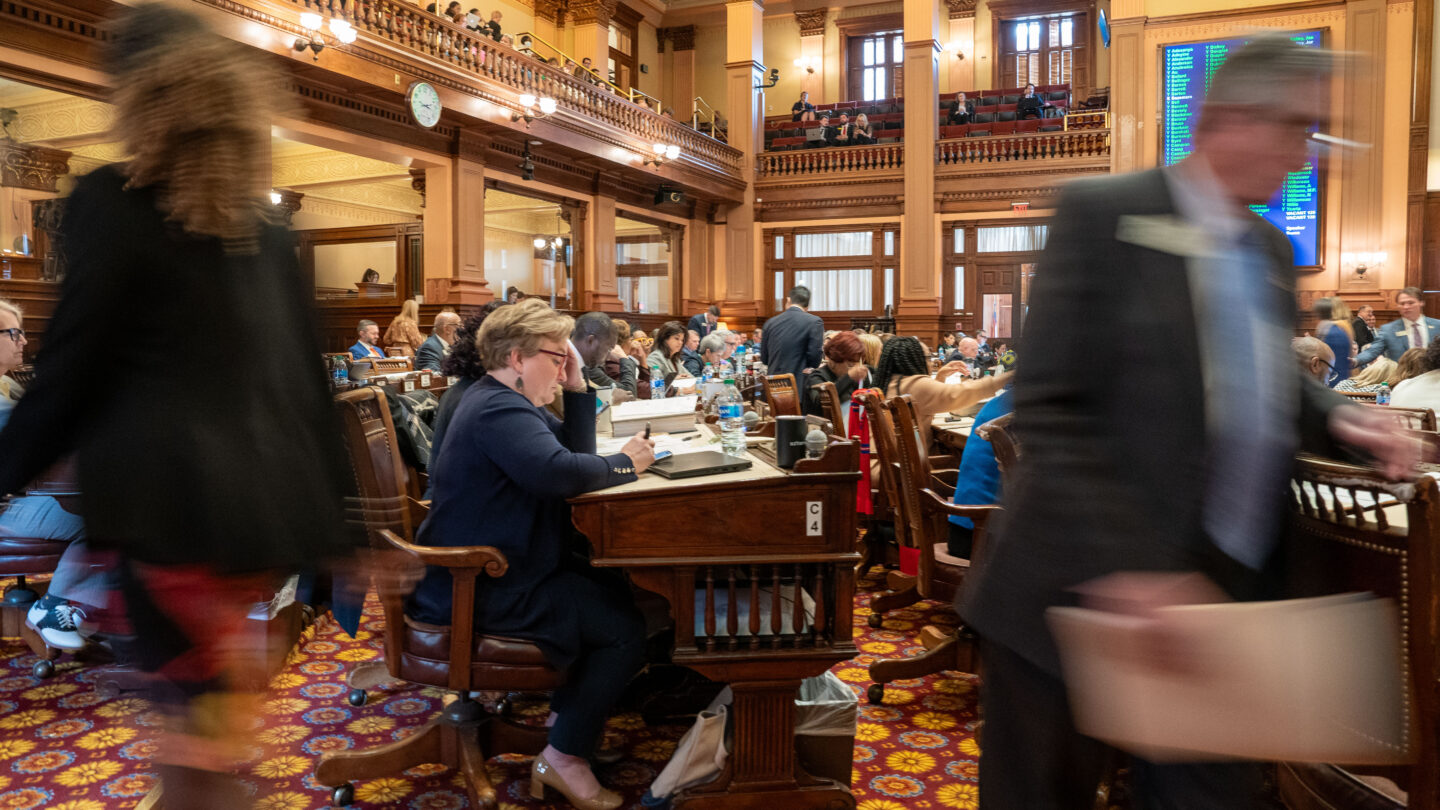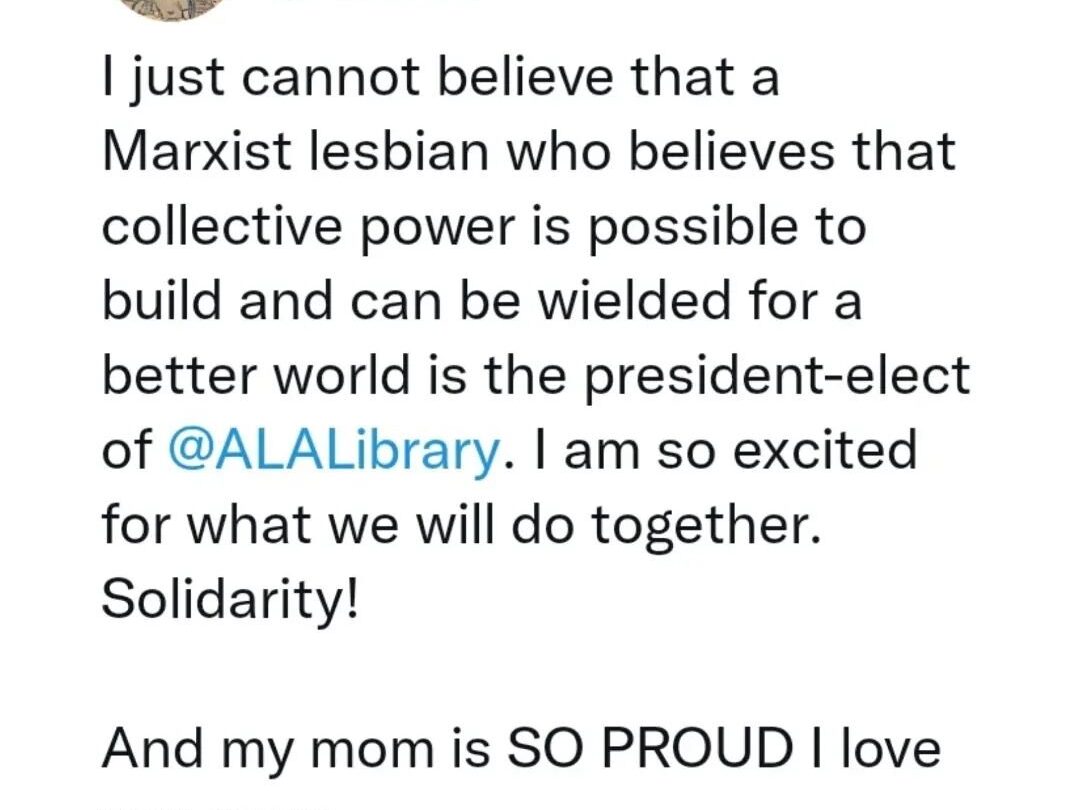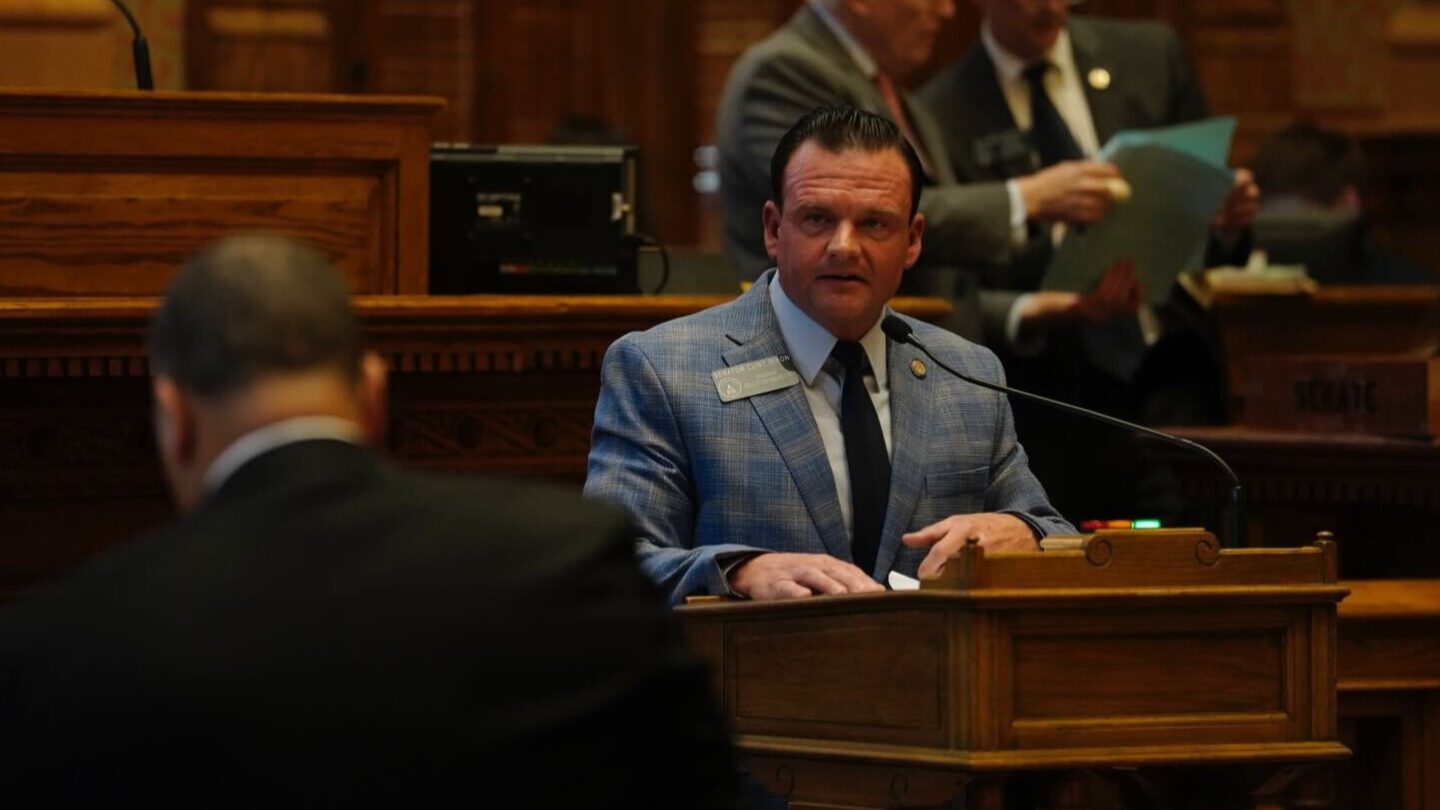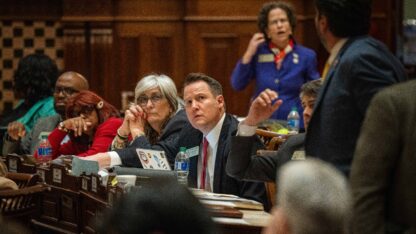A number of controversial education bills fall short on the final day of Georgia legislative session

Lawmakers at the Georgia Capitol in Atlanta on Feb. 29, 2024. (Matthew Pearson/WABE)
This story was updated on 3/29/24 at 6:23 p.m.
Sine Die is a day when lawmakers, lobbyists, reporters and engaged members of the public prepare for a long haul — it’s the final day of Georgia’s 40-day legislative session.
People often describe the morning hours of Day 40 as a time to “hurry up and wait.” Typically, the big stuff — controversial legislation that turns heads and makes headlines — comes up in the hours when the sun has set and the session’s midnight deadline looms closer and closer.
This year, Senate Bill 390 was an exception to that rule — Republican leadership tabled the legislation in the morning, bringing it short of a final vote.
The bill would have outlawed the American Library Association from Georgia’s public and school libraries, making it illegal for them to accept ALA funding.
Republican state Sen. Larry Walker was the bill’s sponsor. He came up with the legislation after his local library — a branch in Houston County — applied for an ALA grant to diversify its curriculum.
“The American Library Association are trying to poison the minds of our children with their radical agenda and their Marxist leader,” he said at a committee meeting earlier this week.
ALA President Emily Drabinski referred to herself as a “Marxist lesbian” in a since-deleted tweet.

“This bill would propose defunding the American Library Association and untangle our public libraries from being held hostage by them,” Walker continued.
But in the end, Republican leadership could not get behind the bill.
“We were afraid that there were some unintended consequences that would affect some of our college libraries affiliating with people that nobody had a problem with,” said Republican state Rep. Chuck Martin, chair of the House Higher Education committee.
Martin is largely referring to hang-ups that lawmakers had with library and librarian accreditation.
As a national nonprofit, the ALA is the primary body that accredits librarians and the schools that train them. By making it illegial for libraries in Georgia to accept ALA funding, library and librarian accreditation would also come into question.
Though SB 390 has died this session, Martin maintains that Walker’s point has been made.
“[Sen. Larry Walker] has made a positive impact, even without the bill’s final passage,” he said. “I believe that the ALA has heard loud and clear that they need to be careful about allowing an individual — regardless of their political or social beliefs … to permeate so deeply in an organization that it has this kind of an impact.”
The ALA issued a statement in response to SB 390 not passing this year, saying the measure “would have restricted ALA and its resources for no valid reason.”
“All organizations in any sector — business, legal, health, education, trades — should be concerned about this arbitrary effort to restrict the freedom of trade, freedom of speech, and freedom to associate,” they said.
Drabinski was elected in 2022 to a term that ends this year. The ALA has more than 50,000 members.
S.B. 390 was not the only controversial legislation that withered on Sine Die.
House Bills 1104 and 1170 – Juma Sei, WABE News
The Georgia Senate on Tuesday attempted to pass a controversial school sports bill that would ban transgender girls from competing on public school sports teams that match their gender identity and sex education before 6th grade. 
Two bills that dealt with transgender youth were also stopped short of a final vote.
House Bill 1104 would have banned transgender girls from competing on school sports teams that match their gender identity.
The bill also would have banned sex education before 6th grade and given parents more insight into what their kids check out from public school libraries.
The bill started as legislation to address student-athlete mental health. But Republican lawmakers added to the bill in Senate committee.
Another bill–H.B. 1170–would have banned puberty blockers for minors seeking gender-affirming care.
Last year, Republicans prohibited most gender-affirming treatments for children. But lawmakers stopped short of banning puberty blockers. H.B. 1170 would have closed that loop.
These bills –– along with other hotly-contested bills about what kids discuss in school and have access to in the library–were part of what opponents saw as a riptide of anti-LGBTQ legislation floated this session.
Ultimately, Republican House leadership did not back the proposals.








